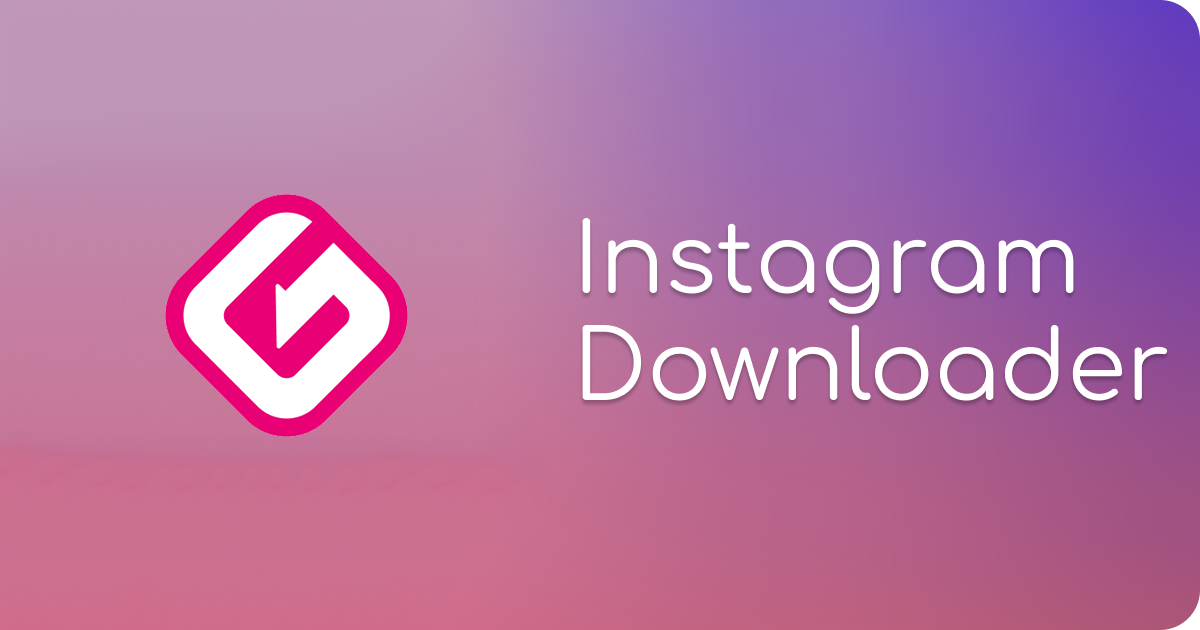
Reactjs Interview Questions For Freshers And Experienced Professionals
If there is one industry that is thriving more than anything else right now, it is the technology industry. If you are in the IT industry, you know how important it is to have well-competent engineers on your team.
So whether you are a fresher, an experienced software engineer, or a software developer, you know the role ReactJS plays in an organization. And if you genuinely want to have leverage over your competitors and land that job you have had an eye on for so long, you need to be completely prepared to ace the interview.
React is a JavaScript library for building user interfaces. It was developed by Facebook and Instagram to address the challenges common in single-page applications – primarily its tendency to break down under the pressure of heavy data load on its views. React JS can be used as an alternative to Angular or VueJS. React borrows some of its ideas from AngularJS and VueJS but has more in common with MVC frameworks like EmberJS or BackboneJS than these more monolithic frameworks like Angular or Vue, respectively
prepare Yourself For A Reactjs Interview By Going Beyond Just The Basic Knowledge.
Prepare for these ReactJS interview questions and show the recruiter that you are the right person for the job:
Reactjs Interview Questions For Freshers
1. What Is React?
React is an open-source front-end JavaScript library that is efficient and flexible. It is great for single-page applications as it follows a component-based approach to building reusable UI components. In addition, it is used for building websites and mobile applications.
2. Does React Use HTML?
No. React uses JSX, which is pretty similar to HTML.
3. What are the Features of React?
A great feature of React is that it uses VirtualDOM instead of RealDOM. So you are cutting off expenses the intelligent way. Other than that, React supports server-side rendering, follows unidirectional data binding, and uses reusable UI components.
4. List the top 3 Advantages of React
React is advantageous because:
- It boosts the performance of an application
- It can be used on the client along with the server-side
- It increases the readability of the code
5. What is JSX?
JSX or JavaScript XML is a type of file that React uses. JSX uses the template syntax type of HTML and the expressiveness of JavaScript. Therefore, a JSX file is easier to understand than an HTML file.
6. What Is The Difference Between Real DOM and Virtual DOM?
With a Real DOM, you can make immediate changes on the screen, but with a Virtual DOM, you can do everything except make live changes on the screen. Real DOM is expensive, and you cannot manipulate the DOM as quickly as you can with the Virtual DOM. When you try to manipulate the DOM with Virtual DOM, you will find the process extremely easy. The only problem is that the changes would not appear on the screen.
7. Name one Limitation of React
React is not as perfect. You cannot document everything in React. This lack of proper documentation can become a problem.
8. Can web Browsers read JSX Directly?
No. Web browsers cannot read JSX directly. JSX is not a regular JavaScript object, so web browsers that can only read regular objects. So if you want a web browser to read a JS file, you need to transform it into a regular JavaScript Object.
You can use something like Babel to do this.
ReactJS Interview Questions For Experienced Professionals

1. Give 1 Basic Difference Between Props And State
Props and states are different in functionality with respect to components. Props are passed to the component while the state is managed within a component.
2. When Would you Use an A-Class Component Over a Functional Component?
You would use a class component over a functional component when your components need more functionality; when you need to create a render function that returns the required element, you need to use a class component.
3. What are Keys in React?
You need to add keys in react while creating elements in React. Keys are used for identifying VDOM elements in the list. They recycle existing elements in DOM and help React optimize rendering.
4. What are Props in React?
Props are properties in React that stand in as arguments passed in React components. They are passed into competent through HTML attributes.
5. How to create Refs in React?
To create refs in React, you need to use React.createRef() and attach it to React elements through the ref attribute. Refs are there to be referenced throughout the component. They are assigned to instance property when a component is constructed.
6. What Can You Do with HOC?
You can reuse component logic with higher-order components. HOC is an advanced technique in React, so they aren’t part of the React API. They a more like a pattern that appears from React’s compositional nature.
7. What is the Difference Between React’s ES6 Syntax And ES5 Syntax?
The main difference is in the modules they use. For example, ES5 uses the RequireJS module while ES6 uses the Import module to include a React module or a component.
Conclusion
Preparing for these top questions will give you the confidence you need to enter the interview. If you are a fresher, showing the interviewer that you know the basics of ReactJS will bring you a step closer to getting hired. At this point in your journey, they would not discuss the topic much. They would just be looking for someone who has their basic concepts clear. So prepare yourself to be interviewed on the most basic questions about ReactJS.
As for experienced professionals, the hiring company will want someone who is well aware of what they have to work with and is competent enough to handle difficult situations and complex tasks. So go over everything you’ve learned while studying ReactJS and recall everything you’ve learned practically about ReactJS while working other jobs.






